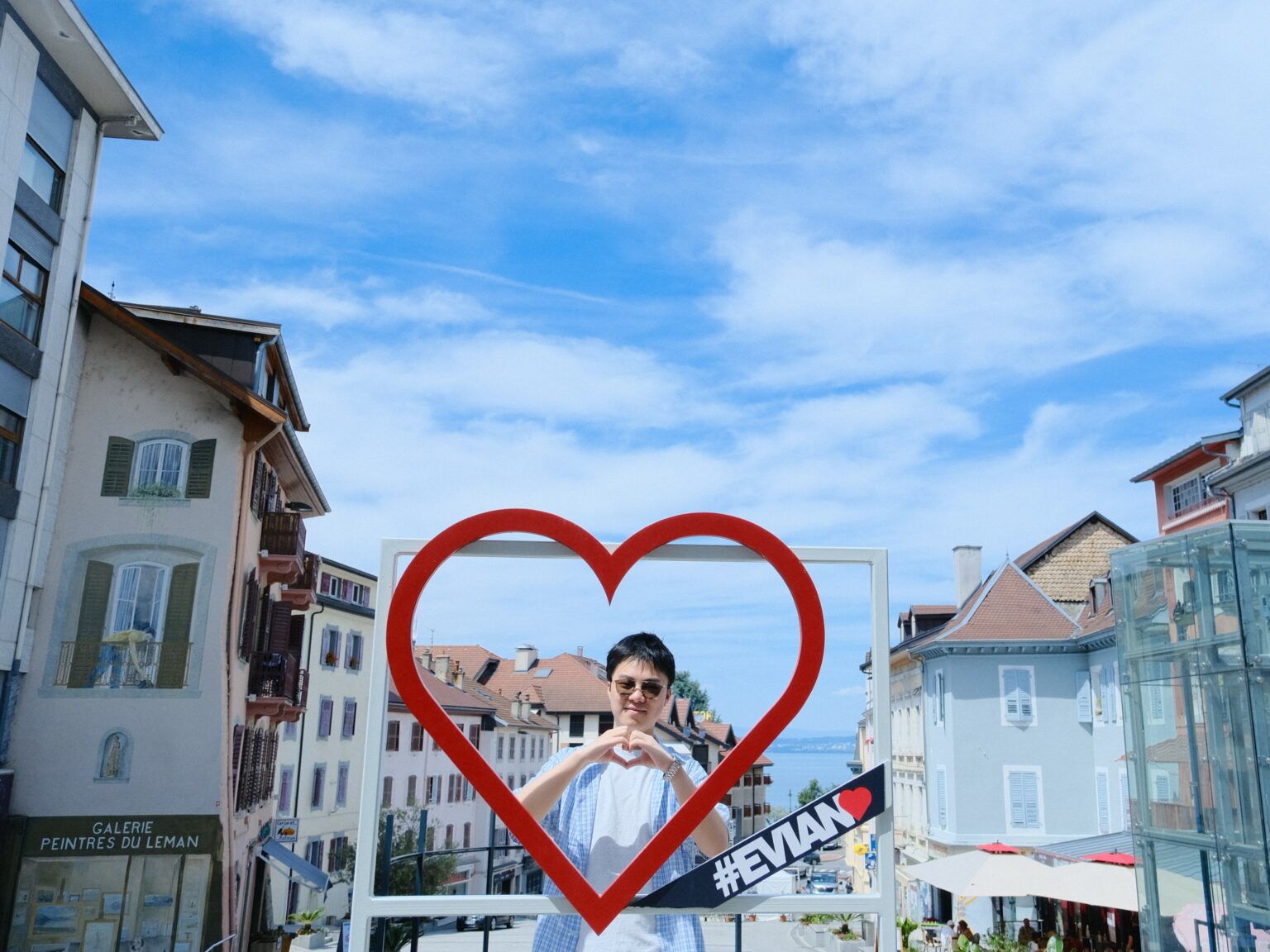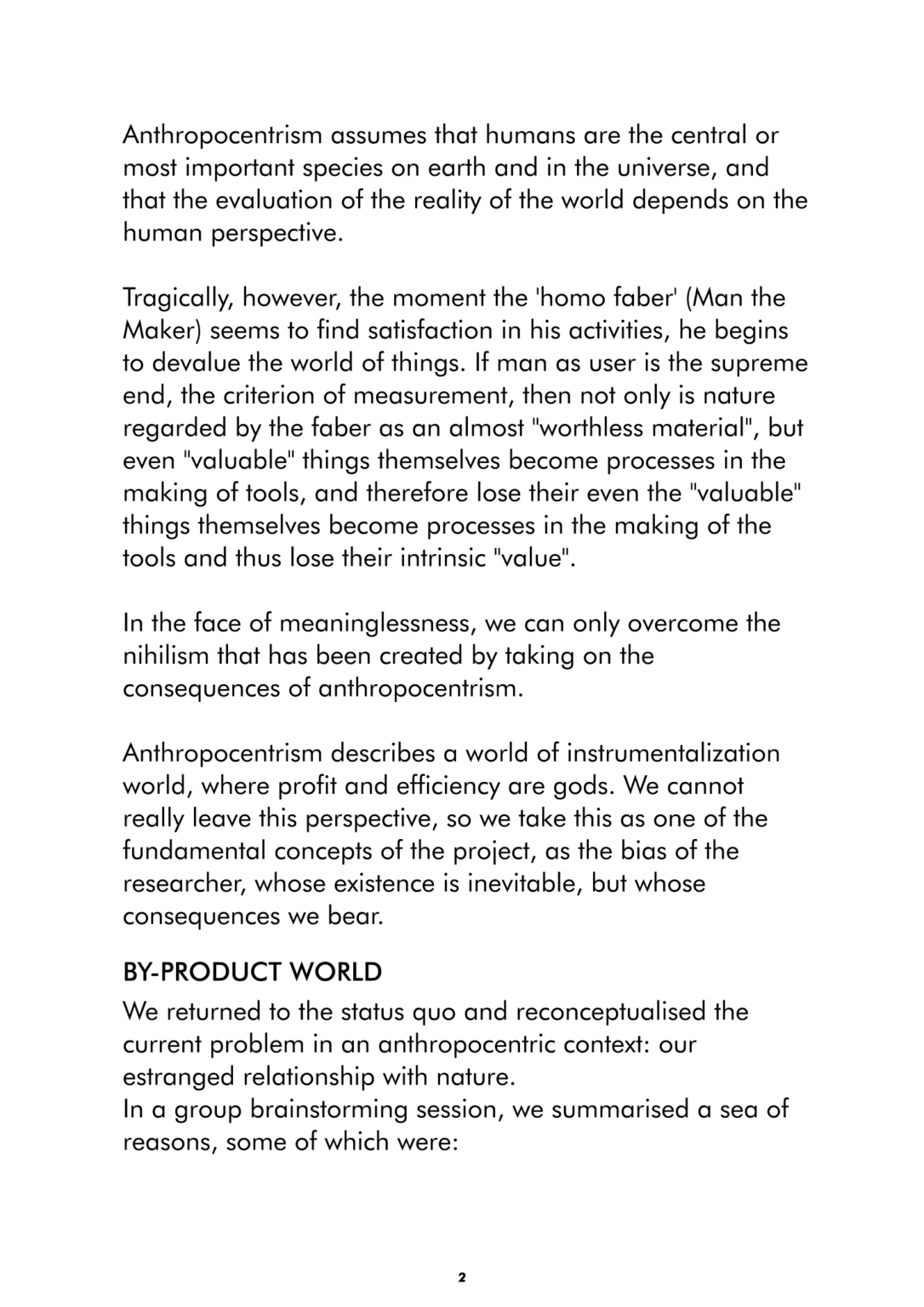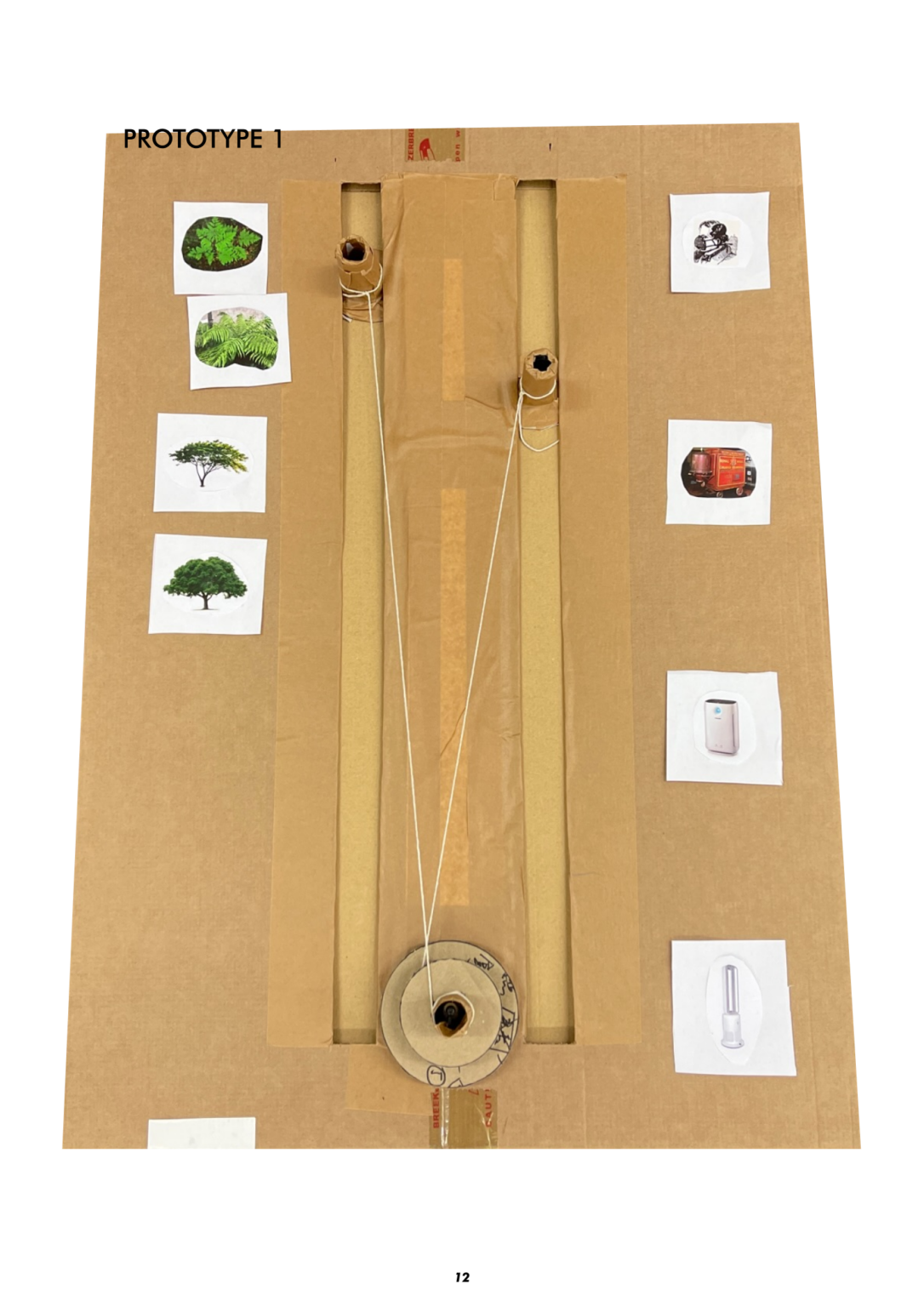Zaixi Yang (He/Him)

A Transformational Designer#
Obsessed with public venue services, infrastructure, business management, sustainability.
Used to know a bit about polymer chemistry, materials and physics and carbon footprint analysis.
Now only does PowerPoint for people.
Enjoys a bit of self-discovery. Likes to wander without a purpose
Like I’m typing this right now.
- Now smile and let me capture this moment : )
Fig.1 The purpose of right image is to show the clear blue sky of Evian, France. No, it’s not, I just want to say love’ya viewers. Thx for stopping by no matter what.


Mapping Technique
I believe that the function of the map is also to provide a service. In this summary reflection, I will think about the map from a service perspective, looking at how the map is made by the service provider and how it provides a service to the user.
What kind of service is provided? The purpose of a map is to give direction to people who are lost, people’s sense of direction comes from their memory and a map is to help people remember.
I have developed a series of objectives around this question and have used the activities in the course as experiments to achieve these objectives.
Regain NATURE in Anthropocene
- We are nature
When people talk about nature they always think about the green plants, and the nature scenery. Actually, human also belongs to nature, the by-product of human also regarded as nature. We never separated from nature. - Can’t seeing out of human perspective. Putting aside human arrogance.
Human beings can never be anthropocentrism and tend to sink deeper in the process of getting rid of it. But even if we cannot get rid of anthropocentrism, we still need to place ourselves below nature and look at nature with a humbler attitude. - Equally respect for man-made and natural products
People always respect the creations of nature habitually, but they do not respect the artificial ones, because human beings do not think that the things, they create belong to nature. - Human civilization is the result of the nature evolution
People always said that we destroyed nature, and we need to protect nature. Does nature really need humans to protect it? All stages are necessary processes for the evolution of nature. - Nature need death
By-products need to have some form of death, which leads people to feel a sense of nature., this is the key point to eliminating boundaries.
“Me before new home”
As securing space for children to grow up and realise their full potential is an important part of Scotland’s ambition, we feel compelled to know about the experiences of young people in care facilities.
In the project, we would like to investigate opportunities to enhance and develop service provision by exploring the aspects of the young person and staff experience whether they are in residential care or secure care.
How should the unmet needs within the transitional phases of care experienced young people be addressed in order that the service provision better meet these needs and experiences of the young people engaged in the system?











































































































